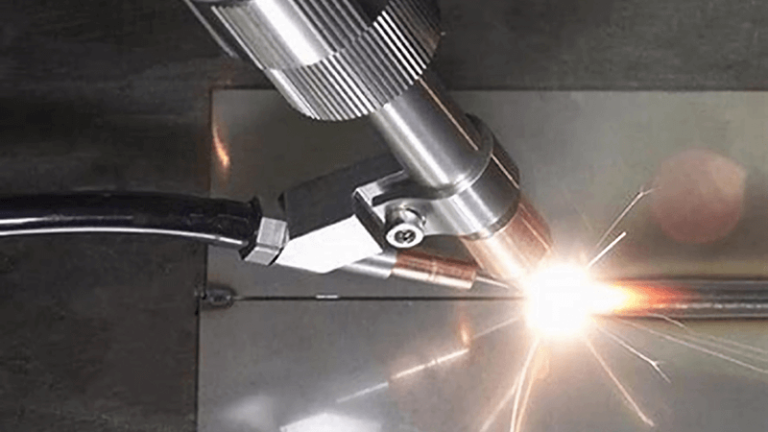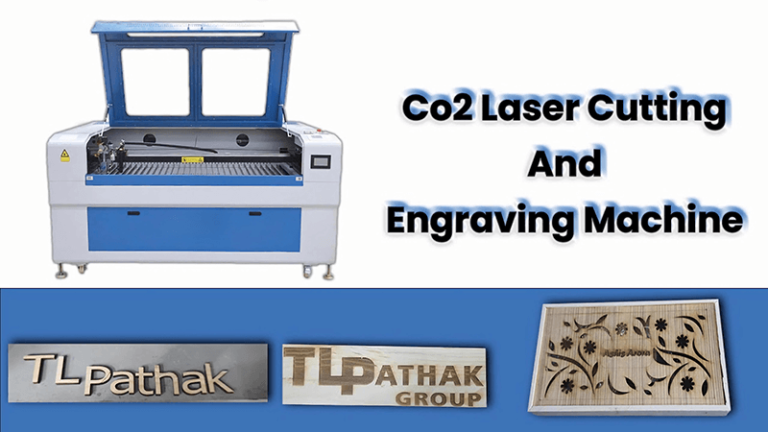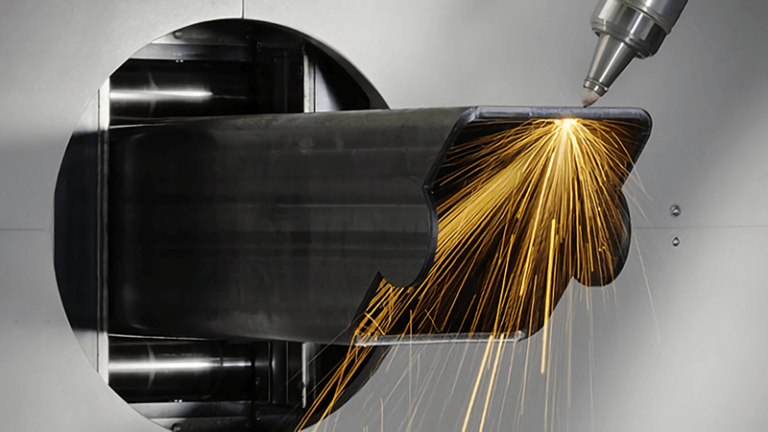When you choose a fiber laser cutter, the wrong decision costs you time and money. Many buyers get stuck because they don’t know what matters.
To choose the right fiber laser cutter, you must look at power, material, thickness, precision, and your budget. Know what you cut, how thick it is, and how clean you want the edge.
If you want to get the best value and avoid regrets later, stay with me. I’ll share what I’ve seen at Kirin Laser and how I guide my clients.
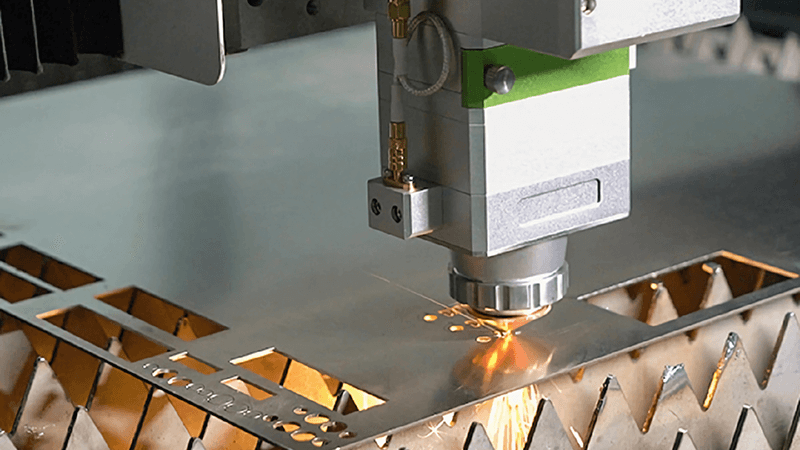
How to choose a fiber laser cutting machine?
If you pick the wrong machine, you risk slow cuts, poor quality, or wasted money. Many companies chase cheap options, but cheap is expensive when your parts fail inspection.
To choose a fiber laser cutting machine, match the power to your material and thickness. Look at the machine’s speed, cutting head, and software. Pick a trusted supplier who gives good support.
Match power and material
At Kirin Laser, I always ask my clients: What do you cut most? Mild steel? Stainless? Aluminum? Each metal reacts to the laser beam differently. For thin mild steel sheets, a 1000W may work fine. But for thicker stainless or aluminum, you need more power to keep the cut clean and fast.
One time, I helped a client cutting stainless sheets but he saw edge burrs. He used a low-power laser. I advised him to switch to a higher wattage with a better beam source. That fixed the burrs overnight. Smooth edges, higher speed, less scrap.
Look at the cutting head and software
A stable, auto-focus cutting head saves setup time. Good software helps you nest parts better, reduce waste, and control cutting speed. It’s not just about hardware. I tell every client: pay for good software, you’ll save money in the long run.
| Factor | Why it matters | What to check |
|---|---|---|
| Laser Power1 | Matches thickness and metal | 1kW to 6kW for most jobs |
| Cutting Head2 | Stable, auto-focus | Brand, warranty |
| Software | Easy nesting, fast control | Updates, support |
| Supplier | Service, parts supply | OEM experience |

What to look for when buying a laser cutter?
I’ve seen buyers regret buying machines that don’t fit. They pick a cheap option and later spend double fixing problems.
When buying a laser cutter, check the laser source brand, cutting head quality, warranty, service, and spare parts support. Ask for training and tech help.
Pick the right supplier
At Kirin Laser, we don’t just sell machines. We build OEM machines for partners who rebrand them. Many times, I talk to procurement managers who handle rebranding and resale. They need reliable tech support3 and steady spare parts. I know how supply delays hurt production.
If you buy a cutter, ask: Does the supplier have spare parts4 in stock? Do they answer calls fast? Do they offer training? One buyer from the US once called me. He bought a cheaper model elsewhere but struggled when the power supply failed. He couldn’t find parts. He switched to us and now gets parts and tech help when needed.
Think about future needs
Some buyers buy small machines first but outgrow them fast. Plan for your future. If you see more thick plates coming, buy more wattage now. It costs more up front but saves you from a big upgrade later.
| What to check | What to ask |
|---|---|
| Laser Source | Brand, warranty |
| Cutting Head | Autofocus, stability |
| Spare Parts | Stock level, lead time |
| Tech Support | Response time |
| Training | Included or extra |
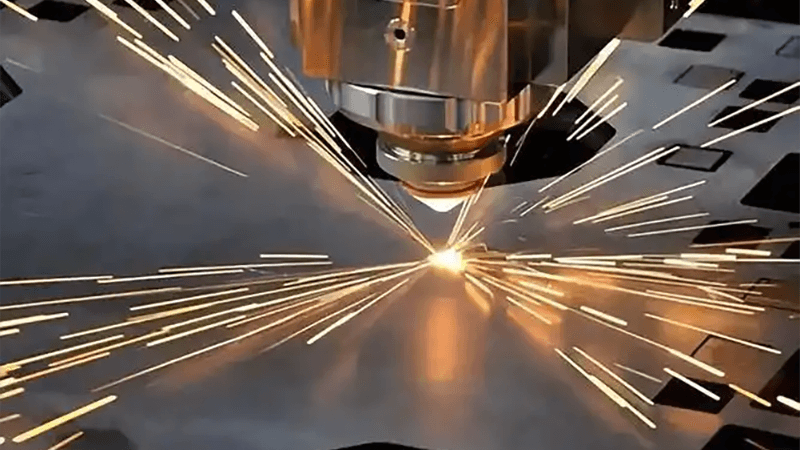
How thick can a 2000W fiber laser cut?
Many buyers ask this when they plan for mid-level cutting needs. I always tell them, power alone doesn’t cut — the whole system matters.
A 2000W fiber laser can cut about 16mm mild steel, 8mm stainless steel, and 6mm aluminum cleanly. Actual thickness depends on speed, gas, and setup.
Real world performance
I remember a case. A client was cutting 12mm mild steel plates with a 2kW. He needed clean edges5 with no slag. He ran the machine too fast. I guided him to slow down, adjust gas pressure, and clean the lens. The results changed overnight. Smooth cuts, less rework.
Also, your cutting gas6 affects the cut. For thicker mild steel, use oxygen. For stainless, nitrogen keeps the edge bright. Always keep your optics clean. A dirty lens can drop your cutting power by 10-20% — that’s a huge waste.
| Material | Max Thickness (2000W) | Cutting Gas |
|---|---|---|
| Mild Steel | 16mm | Oxygen |
| Stainless Steel | 8mm | Nitrogen |
| Aluminum | 6mm | Nitrogen |
Consider your edge quality
Cutting thick plates needs patience. If you push too fast, edges get rough. Sometimes buyers say, “My 2kW can’t cut 16mm cleanly!” I explain: slow down, use good gas, check your nozzle and beam focus. Small tweaks make a big difference.
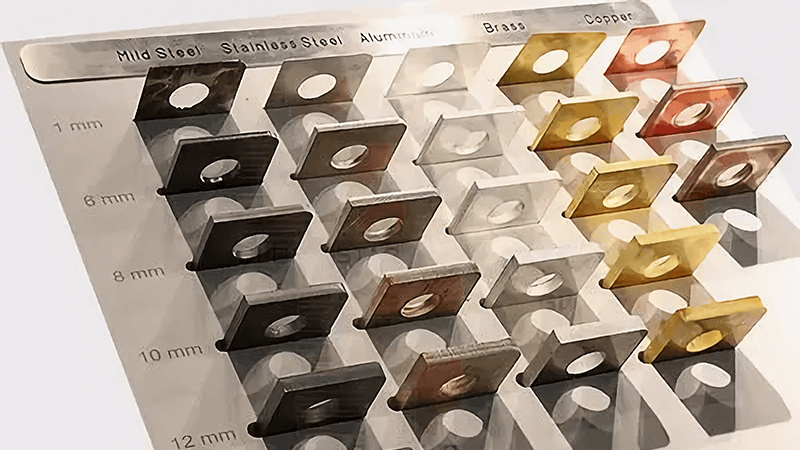
How thick will a 1000W fiber laser cut?
This is the starting point for many shops. I often recommend 1kW for beginners cutting thin sheets. But don’t push it too hard.
A 1000W fiber laser cutter can cut up to 6mm mild steel, 3mm stainless steel, and 2mm aluminum cleanly. Thickness depends on cutting speed and gas.
Start smart
I tell small shops: If you mainly cut thin sheets for signs, panels, or metal art, 1kW7 is enough. It’s affordable, easy to run, and cheap to maintain. But don’t expect miracles on thick plates. If you plan to grow, think about a modular option. Start with 1kW, upgrade later.
One client started with 1kW for metal art signs. After a year, orders grew. He called me, asking if he should buy a whole new machine. I told him we could swap the laser source and upgrade to 2kW8. He kept the same bed and head. He doubled capacity with half the cost of a new machine.
| Material | Max Thickness (1000W) | Cutting Gas |
|---|---|---|
| Mild Steel | 6mm | Oxygen |
| Stainless Steel | 3mm | Nitrogen |
| Aluminum | 2mm | Nitrogen |
Keep your expectations real
When cutting at the limit, slow down the feed rate. Keep the beam focus perfect. Check your nozzle daily. If you see sparks flying the wrong way, stop. Something’s wrong. Never run a weak laser at max limit all day. It shortens the life of your source.
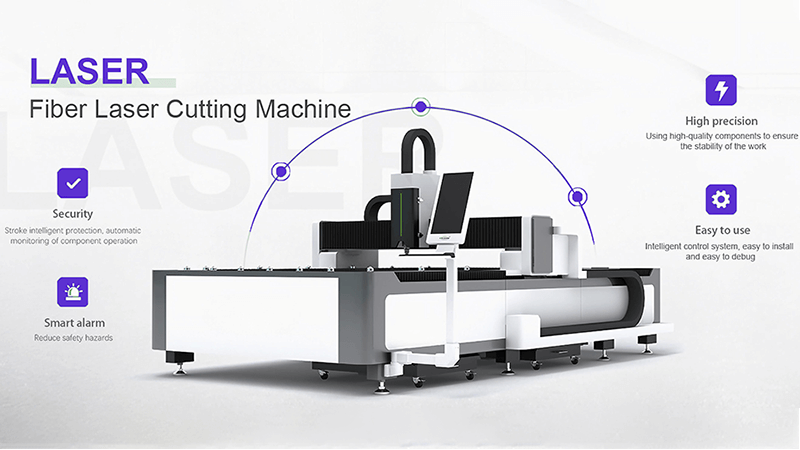
Conclusion
Choosing the right fiber laser cutter9 is not just about watts. It’s about your metal, your thickness, your edge finish, and your plans to grow. At Kirin Laser, I help clients every day match the right power, cutting head, and support plan to their real work. A good cutter does more than cut — it saves time, cuts costs, and grows with your business. If you want clean cuts, less scrap, and peace of mind, choose wisely.
-
Understanding laser power is crucial for achieving optimal cutting results and efficiency in various materials. ↩
-
A stable cutting head enhances precision and reduces setup time, making it essential for effective laser cutting. ↩
-
Exploring the significance of tech support can guide you in making informed decisions, ensuring smooth operations and quick resolutions. ↩
-
Understanding spare parts sourcing can help ensure you have reliable access to necessary components, minimizing downtime. ↩
-
Exploring techniques for achieving clean edges can enhance your metalworking skills and reduce rework. ↩
-
Understanding the right cutting gas for each material can significantly improve your cutting quality and efficiency. ↩
-
Explore this link to understand why a 1kW laser cutter is ideal for small shops, offering affordability and efficiency. ↩
-
Learn about the upgrade process to 2kW, which can significantly enhance your cutting capacity without the cost of a new machine. ↩
-
Know the best laser cutting machine and laser cutting solutions for your application from Kirin Laser. ↩


